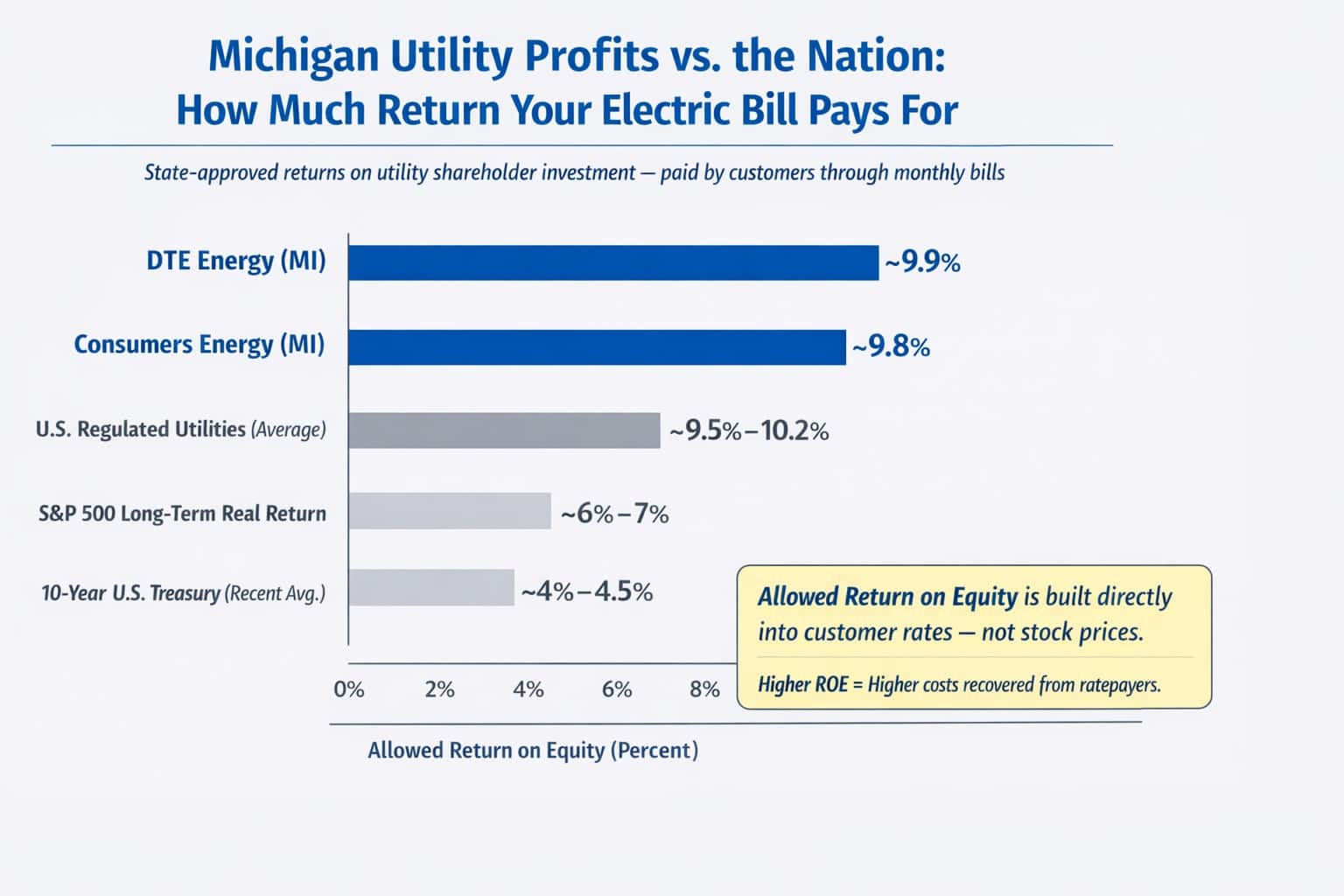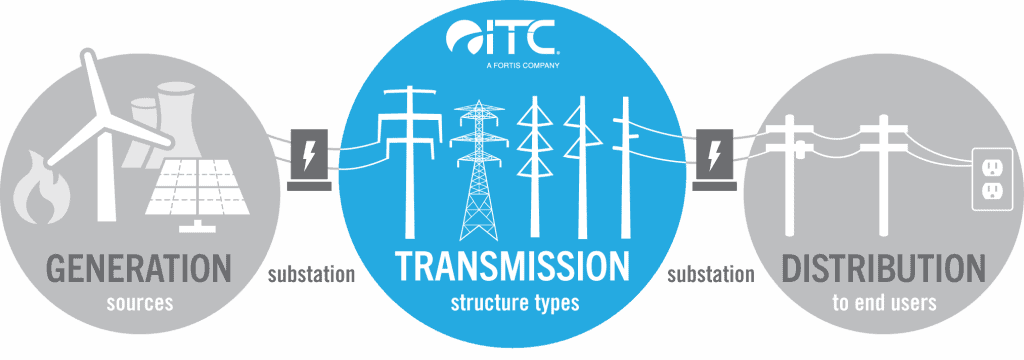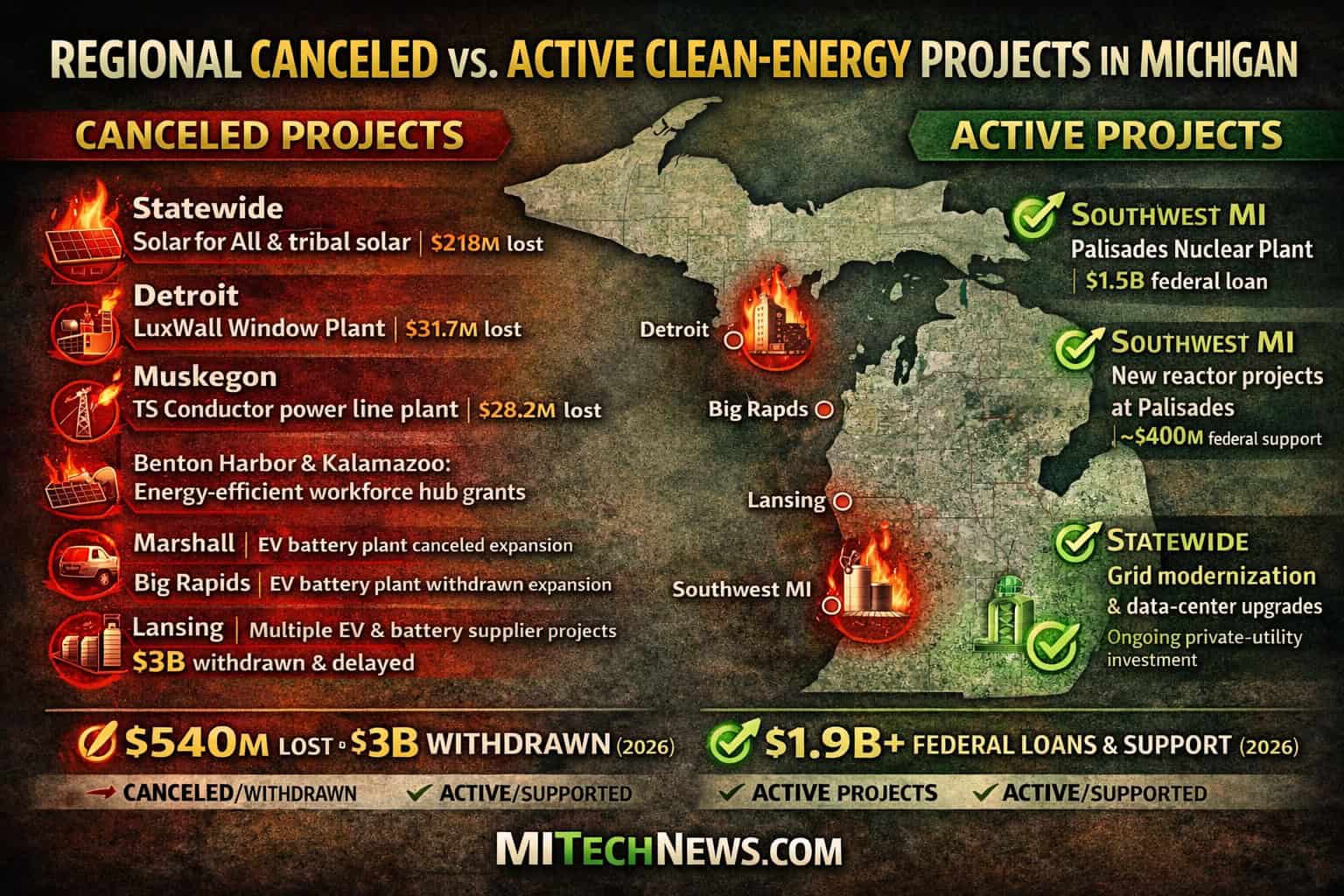DETROIT — The future of renewable vehicle fuel is nitrogen, 700 times more powerful than Hydrogen. As the world becomes increasingly united in its focus on finding alternatives to traditional fossil fuels, innovation continues to accelerate. As a result, we can expect more fresh options to crop up in the foreseeable future.
1. Hydrogen’s Current Role in Renewable Vehicle Fuel: Drawbacks to Consider
For many people, hydrogen appears to be the fuel of the future. It’s the most abundant substance in the entire galaxy, and it doesn’t emit any harmful by-products—only water vapor—so there are no pollution concerns about its use in engines, The Diary reported.
Nevertheless, one of the problems with hydrogen is how expensive it is to produce. Typically, hydrogen is bonded to something else, like oxygen, so splitting the substances and then supercooling hydrogen to convert it into a usable liquid state is a costly process. Moreover, it’s also complicated to maintain hydrogen at the supercooled temperature until it’s needed.
For instance, an example of a well-functioning hydrogen car is the Honda Clarity, which has become popular in the United States and contributed to Shell’s installation of hydrogen pumps at some gas refueling stations.
However, the high price of hydrogen is still prohibitive in a price-driven economy where most people would choose a conventional drive engine because it’s cheaper. Additionally, refueling with hydrogen is less convenient than gasoline or diesel because there aren’t that many hydrogen pumps around.
2. Could Nitrogen Be the Game-Changer for Renewable Vehicle Fuel?
A company in London is currently working on an alternative to hydrogen with the development of a nitrogen engine. Similar to conventional engines, nitrogen creates a chemical reaction that drives the pistons. Notably, between its liquid and gas states, nitrogen expands more than 710 times, making it viable for use in engines, as it only requires a delivery system to be effective.
Moreover, the by-products of using nitrogen as a fuel are carbon-free: an oxygen-nitrogen mix of air and pure nitrogen. This is particularly promising because the system operates more easily than a hydrogen-based one, and no greenhouse gases are produced.
Meanwhile, another team of researchers at the University of Washington is also exploring the viability of a liquid nitrogen fuel system. Altogether, it appears that the technology may not be as far-fetched as some may believe.
3. The Risks of Using Hydrogen as a Renewable Vehicle Fuel
Nitrogen is not ideal as a fuel in the long term, since it can cause environmental damage — but only after reaching extremely high levels over a very long period. In particular, it can damage the atmosphere in a similar way to carbon dioxide, and moreover, it can cause explosive growth in rivers and oceans at elevated levels.
To address these concerns, the developers at the company working on the nitrogen engine technology, Dearman, are researching how to convert the expelled nitrogen into air rather than releasing it as pure nitrogen. Even so, they report that there’s still a lot of work to be done.
4. How Likely Are Nitrogen-Powered Vehicles to Hit the Road?
Nitrogen is relatively easy to store, and when handled properly, it will maintain a constant temperature in its liquid state. However, specialized storage flasks are costly, as they need to accommodate extreme temperatures of -346°F. As a result, this offsets the fact that it’s cheaper than hydrogen in other respects.
In addition, nitrogen has to be extracted from the air we breathe, which may disrupt the ideal atmospheric balance. Therefore, the idea of large-scale production does come with certain drawbacks.
On the upside, the average motorist would likely be pleased with nitrogen’s zero-emission status, as it means zero road tax, a benefit that could help offset the initial increase in fuel price. Furthermore, cars would end up being lighter, which translates to less wear on brakes, disks, and tires.
Final Thoughts:
Whether we’ll see nitrogen engines developed to the point of powering everyday vehicles is still up in the air. Even so, the potential is there, and it’s sparking important conversations about the future of clean energy.
For now, hydrogen continues to lead the way in the renewable fuel sector. This is especially clear from the significant investments companies like Renault are making in innovations such as the Ampere Emblème electric-hydrogen fuel cell hybrid car.
As the race toward cleaner transportation continues, staying informed is key. Keep an eye on this space, because the future of renewable vehicle fuel may shift faster than we think. Visit Mitechnews.com for more.
FAQs:
1. Is nitrogen a viable option for renewable vehicle fuel?
Nitrogen shows potential as a renewable vehicle fuel due to its low emissions and stability in liquid form. However, large-scale development faces challenges such as costly storage requirements and environmental concerns related to nitrogen extraction from the atmosphere.
2. Why is hydrogen currently leading in renewable vehicle fuel innovation?
Hydrogen is at the forefront of renewable vehicle fuel innovation thanks to significant investments from major automakers like Renault. Its ability to power fuel cell vehicles with zero emissions makes it a strong contender in the race toward cleaner transportation.






